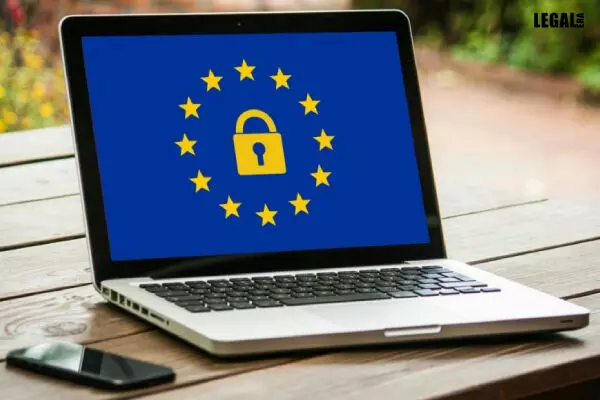- Home
- News
- Articles+
- Aerospace
- Agriculture
- Alternate Dispute Resolution
- Banking and Finance
- Bankruptcy
- Book Review
- Bribery & Corruption
- Commercial Litigation
- Competition Law
- Conference Reports
- Consumer Products
- Contract
- Corporate Governance
- Corporate Law
- Covid-19
- Cryptocurrency
- Cybersecurity
- Data Protection
- Defence
- Digital Economy
- E-commerce
- Employment Law
- Energy and Natural Resources
- Entertainment and Sports Law
- Environmental Law
- FDI
- Food and Beverage
- Health Care
- IBC Diaries
- Insurance Law
- Intellectual Property
- International Law
- Know the Law
- Labour Laws
- Litigation
- Litigation Funding
- Manufacturing
- Mergers & Acquisitions
- NFTs
- Privacy
- Private Equity
- Project Finance
- Real Estate
- Risk and Compliance
- Technology Media and Telecom
- Tributes
- Zoom In
- Take On Board
- In Focus
- Law & Policy and Regulation
- IP & Tech Era
- Viewpoint
- Arbitration & Mediation
- Tax
- Student Corner
- AI
- ESG
- Gaming
- Inclusion & Diversity
- Law Firms
- In-House
- Rankings
- E-Magazine
- Legal Era TV
- Events
- News
- Articles
- Aerospace
- Agriculture
- Alternate Dispute Resolution
- Banking and Finance
- Bankruptcy
- Book Review
- Bribery & Corruption
- Commercial Litigation
- Competition Law
- Conference Reports
- Consumer Products
- Contract
- Corporate Governance
- Corporate Law
- Covid-19
- Cryptocurrency
- Cybersecurity
- Data Protection
- Defence
- Digital Economy
- E-commerce
- Employment Law
- Energy and Natural Resources
- Entertainment and Sports Law
- Environmental Law
- FDI
- Food and Beverage
- Health Care
- IBC Diaries
- Insurance Law
- Intellectual Property
- International Law
- Know the Law
- Labour Laws
- Litigation
- Litigation Funding
- Manufacturing
- Mergers & Acquisitions
- NFTs
- Privacy
- Private Equity
- Project Finance
- Real Estate
- Risk and Compliance
- Technology Media and Telecom
- Tributes
- Zoom In
- Take On Board
- In Focus
- Law & Policy and Regulation
- IP & Tech Era
- Viewpoint
- Arbitration & Mediation
- Tax
- Student Corner
- AI
- ESG
- Gaming
- Inclusion & Diversity
- Law Firms
- In-House
- Rankings
- E-Magazine
- Legal Era TV
- Events
EU introduces changes to Digital Markets Act
As a result of changes to the Digital Markets Act, the European Parliament and Council have decided to stop big tech companies from acting in an anti-competitive manner
Upon implementation, gatekeeper platforms will serve as sanctions against the digital economy, preventing it from possessing market dominance in violation of EU competition law. Companies would be prohibited from bundling services and preferring themselves on these so-called platforms. If the company has an annual turnover of over 7.5 billion euros, or if at least 45 million end users are impacted, then sanctions will be imposed. The purpose of the bill is to focus on big tech companies to make sure they allow for "fair competition online," according to MEP Andrewa Schwab.
It was historically the lack of antitrust sanctions that resulted in lengthy antitrust cases and therefore the Digital Markets Act will provide consumers with "more choice." Companies like Meta (Whatsapp, Facebook) will now have to cooperate with smaller companies to prevent market dominance within four years. A fine of 10-20 percent of a company's annual worldwide turnover could apply to big tech companies for infringement, increasing the compliance burden.
According to Cédric O, France's Minister of State, the rules are essential for "unlocking digital markets, promoting consumer choice and boosting innovation in the digital economy."




